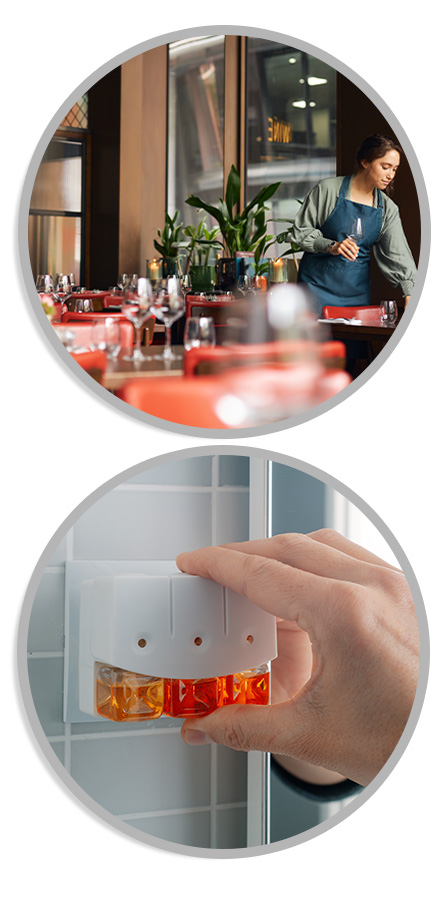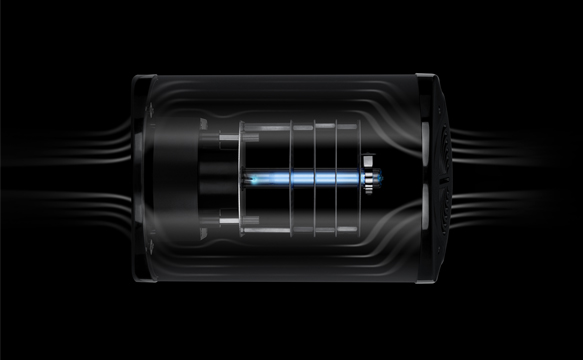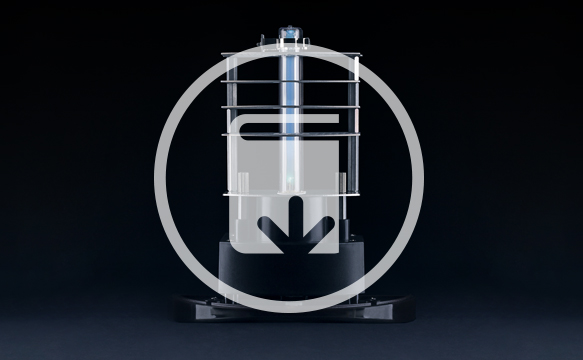Hospitality air care: real hygiene, not artificial fragrance
Odour control is a constant concern in hospitality venues. Whether in hotel washrooms, gym changing areas, spa treatment rooms, or restaurants, lingering smells can negatively impact guest experience and staff comfort. Many sites rely on automated air fresheners or fragrance dispensers to tackle these issues. However, while such systems may temporarily mask unpleasant odours, they do not address the source and may introduce new problems.
Masking doesn’t mean clean
Air fresheners work by releasing synthetic fragrances into the air. These scents attempt to overpower odours from waste, perspiration, food, or damp materials. The result is not necessarily a more pleasant environment. In some cases, the added fragrance mixes with underlying smells to produce a dense, artificial chemical scent. For many guests, this does not suggest cleanliness-it signals an attempt to cover up underlying hygiene concerns.
Ingredients and exposure
Most fragrance products contain volatile organic compounds (VOCs) such as ethanol and propan-2-ol, along with synthetic aldehydes, ethers, and other compounds. In enclosed areas, repeated exposure to these substances can lead to discomfort, especially for guests or staff with respiratory sensitivities or chemical intolerance. Reported effects include headaches, coughing, and nausea.
Disposable fragrance cartridges and sprays also present environmental and logistical concerns. They require regular maintenance, generate single-use plastic waste, and rely on ongoing chemical consumption to maintain their effect.
Beyond fragrance: effective air treatment
A more sustainable approach to air care involves treating the air itself rather than trying to cover odours. AIRsteril units use ultraviolet light and catalytic processes to break down odour molecules, bacteria, and airborne pollutants. Unlike fragrance systems, this method neutralises smells at their source without releasing additional chemicals into the environment.
AIRsteril technology has been tested in hospitality settings and shown to:
• reduce airborne viruses by over 99.99% in 10 minutes
• lower odour-related microorganisms in washrooms by over 77%
• cut surface contamination by up to 95%
• reduce VOC levels including formaldehyde, without producing harmful by-products
Supporting hygiene and guest experience
Visible cleanliness is only part of the picture-air quality also affects how guests perceive the hygiene of a space. By using systems that clean the air rather than perfume it, hospitality providers can offer a fresher, more comfortable environment that aligns with health and sustainability expectations.
AIRsteril units operate silently and continuously in the background, without requiring daily attention or consumables. From boutique hotels to large leisure centres, they support better air quality and a more professional guest experience.



